The food habits of homo sapiens are different from those of other mammals in one major way: we have been cooking our food for millennia. From the first time some ancient ancestor of ours hung a slab of meat over a fire, the heat-treatment of food has become, and remained, a major differentiating factor in the evolution of our gut microbiota. Cooking alters the physical and chemical composition of the food item, which in turn affects gut microbial populations.
Research in mice, as well as humans, has revealed that cooking our food impacts our gut microbiome, and indicates that cooking should be factored into human microbiome research as an important covariable.
Complex carbs have the greatest influence on gut microbiota
When it comes to raw vs. cooked among major food groups, complex carbohydrates like starch seem to have the utmost impact on the population of gut microbes. Further, the kind of carbohydrates that don’t get digested by the amylases in the upper gastrointestinal tract but are presented to the gut microbes instead, are of the most interest to scientists researching weight loss and metabolic functions.
The term “microbiota-accessible carbohydrate,” or MAC, has been proposed for complex carbohydrates that humans cannot digest, but gut microbes can metabolize or ferment. Let’s look at the basic potato, for instance, with all its notoriety for being a source of starchy carbs.
Notably, recent findings indicate that while potatoes certainly contain the easily-digestible starch that brings about blood glucose spikes, they also contain “resistant starch,” a type of fiber that resists being digested by our body’s digestive enzymes. Instead, they are metabolized by gut microbes, producing body-friendly chemicals such as butyrate, putting potatoes in a whole new light!
In one study, researchers found that raw and cooked versions of the same food item affected the gut microbiome differently. While the effect of raw and cooked lean beef, i.e. protein, on the mice gut microbiome was similar, the response was quite different when the mice were fed raw vs cooked sweet potato i.e, carbohydrate. Consuming raw sweet potatoes led to:
- lower within-subject diversity of gut microbiota
- a higher expression of genes and enzymes for metabolizing starch, sugar, and xenobiotics
- and altered metabolic byproducts,
when compared with mice fed cooked sweet potato. This effect was not seen when mice were fed other items like raw and cooked carrots, peas, beet and corn, which vary in starch content and digestibility. Upon quantifying microbial cell damage, researchers found that mice fed raw tubers experienced an effect comparable to mice being treated with the oral antibiotic ampicillin (antibiotics are known to devastate gut microbiota).
When trying out a similar dietary experiment in humans with comparable raw or cooked plant-based meals, the researchers noticed clear differences between populations of gut bacteria exposed to raw vs cooked foods, but in comparison to the more prominent changes in the mice microbiota, these alterations were subtle.

Cooking methods and their effect on resistant starch in foods
Baking, steaming, autoclave cooking, and frying are seen to increase the amount of resistant starch of foods. However, pressure cooking is seen to reduce it. Further, depending on the source of the starch and its processing conditions, boiling, frying, microwave cooking, and extrusion cooking do have the potential of increasing the amount of resistant starch. However, frying is not recommended due to the detrimental effects on cardiovascular health that can accompany it.
Increasing consumption of resistant starch is not yet proven to be an effective weight-loss strategy in the context of obesity or metabolic syndrome. However, it is easy to consume in cooked bananas, peas or legumes, or even potatoes, and its potential in this area could be explored further.


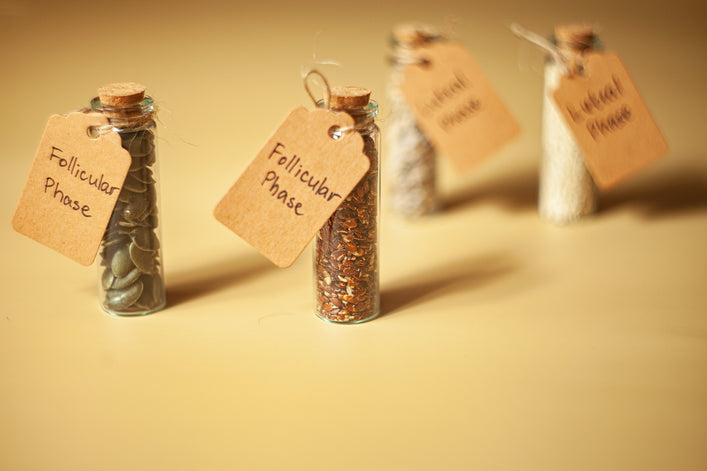


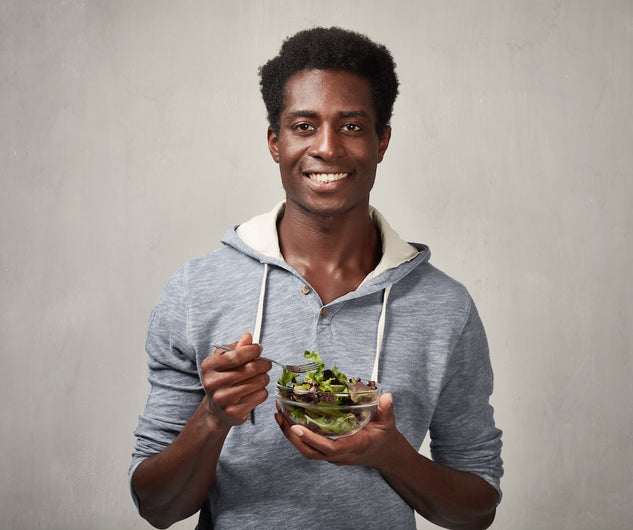
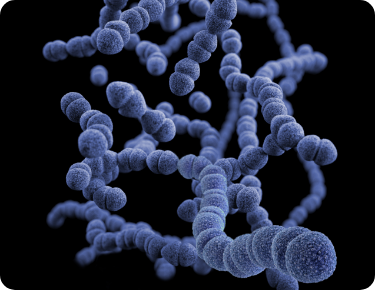

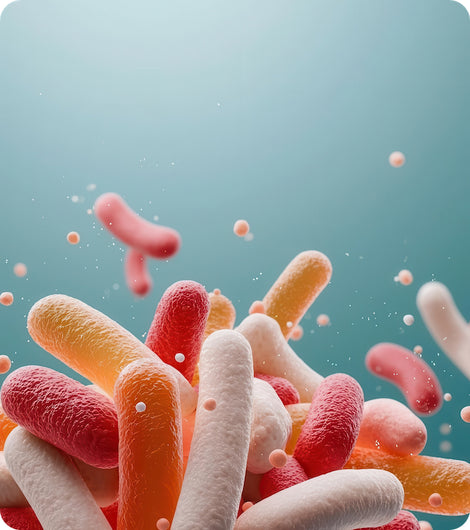




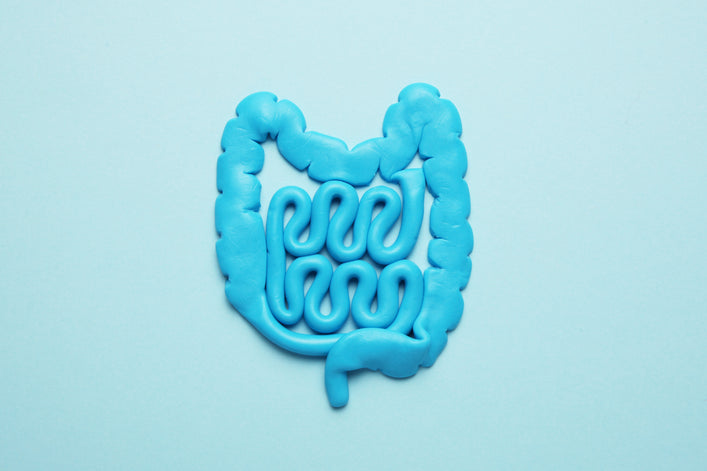

Mar 21, 2023 at 08:05AM